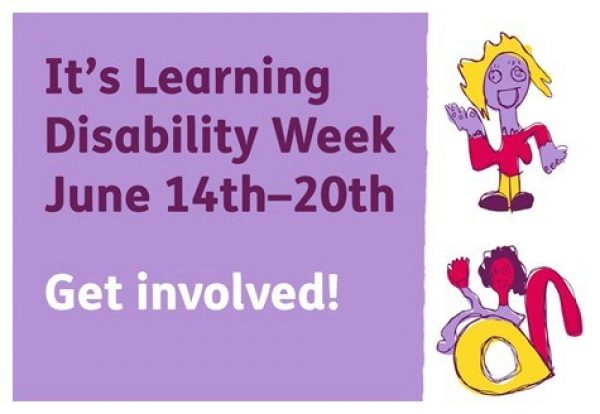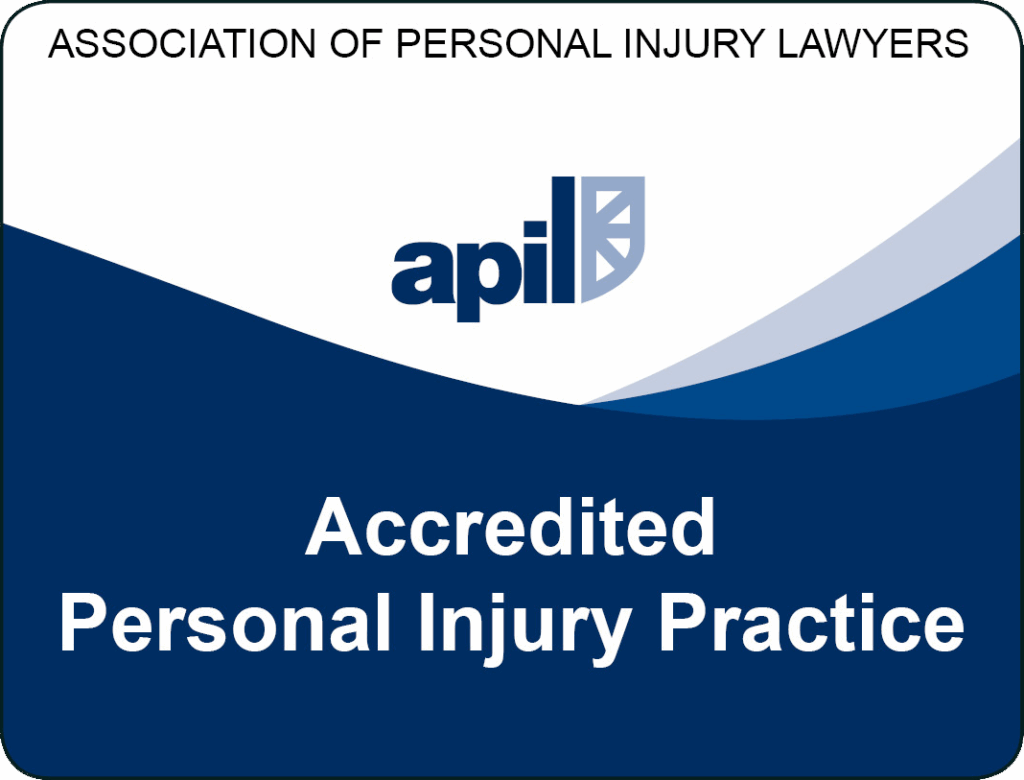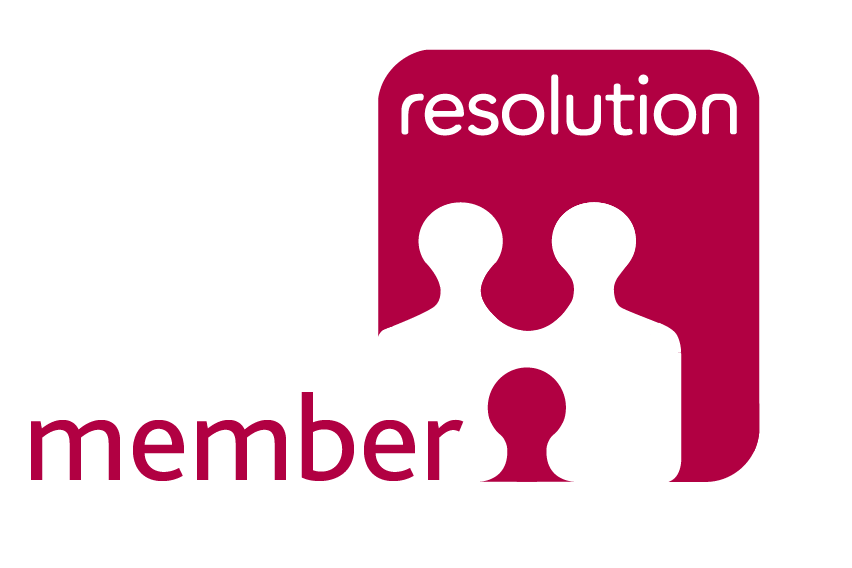
In short, a learning disability is a reduced intellectual ability causing difficulty with everyday activities and is usually a long-term situation.
Almost all with learning disabilities require the ongoing and close support of others. Sadly, for some, obtaining, or making a success of, traditional paid employment is a step too far.
However, there are many employed people with learning disabilities, and the help and training given to them by their employers is to be commended. At the same time, the law protects and encourages those with learning disabilities either seeking or already in employment, through the Equality Act 2010.
The Equality Act protects “disability”. For that, there is a definition that must be satisfied, but it is very likely that someone who, due to their learning disability, cannot manage or manage without assistance the normal day-to-day activities and routines we are all used to carrying out, will qualify. Any action which is or could be regarded as discrimination, on disability grounds, could lead to a claim being made against the employer, and may not show up that employer as one who cares about or is willing to act fairly towards, those who have learning disabilities.
An applicant for a job cannot be turned down because of having a learning disability and questions must not be asked, in an interview setting, about disability, health, or medical history. It may, during an interview, be obvious that the applicant has such disabilities, or he or she may volunteer that information. Consideration of the job application should then focus on whether the individual with learning disabilities is suited, or is the most suitable candidate, upon possible adjustments to the intended role being made.
Such an adjustment might be if part of a working team:
Where the learning disability causes greater stress when working under pressure, it might be allowing for more breaks or stoppages.
Only last week saw a reported Employment Tribunal case recognising that permission to listen to music on headphones through the working day, requested by a civil service office worker with an anxiety condition, amounted to a reasonable adjustment, by giving that employee a daily coping mechanism important in reducing her anxiety.
Reasonable adjustments, like the above examples, will of course more typically arise once the individual has started employment and, in the case of someone with learning disabilities, should always be addressed if the employee is struggling or work performance is an issue the employer needs to raise. The duty to “go that extra mile” as some might put it, will come about where existing work practices put the employee with disability at a substantial disadvantage in comparison to colleagues. Alternatively, it may be the addition of an auxiliary aid to the employee’s workstation or environment, will take away that disadvantage.
Making the adjustment will often involve cost. How much the employer should be expected to spend will depend upon what is reasonable and practicable. In the case of learning disability, it may be the value of the time involved that is more relevant.
An employer, however, should be willing to provide:
to give the employee with learning disabilities the best opportunity to succeed in his or her job and feel that work performance is equally as good as that of colleagues.
Whilst the duty to make reasonable adjustments relates only to employees with disability, all of the other kinds of potential discrimination recognised under the Equality Act also apply to such employees.
Accordingly, it will be unlawful, in the case of those employees, to:
It will be important to be aware that, as the employer, you will be legally responsible for any discriminatory action carried out by a manager or work colleague towards someone in the workplace with learning disabilities. It might well be seen as harassment where a manager treats him or her in an unduly heavy-handed manner, or if another member of staff resorts to “poking fun” at him or her in a way that is obviously unkind and inappropriate.
Whilst there may be no guarantee of avoiding every possible problem, all reasonable steps should be taken to prevent such situations, and which will assist the employer should a discrimination complaint or claim arise. This will include adopting and where necessary implementing a written equal opportunities policy, as well as both encouraging managers to act sensitively, and being alert and proactive to any signs of unhappiness or concern.
It is important that employers should follow procedures, and put in place measures, which minimise the prospect of facing difficulties, or even claims, arising from the employment of disabled workers. Should you require specific advice or guidance, Hatch Brenner will be happy to assist. Please contact our Employment law experts on 01603 214 220.
Read more: Employment Law for Employees
Read more: Employment Law for Employers
Read more: Employment Tribunal Claims





